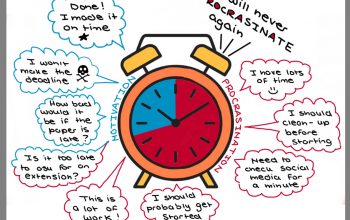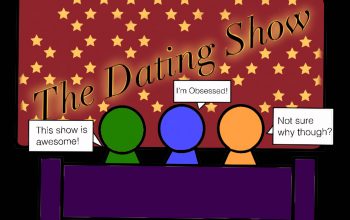With Halloween comes the need to tell others what they can and can’t wear
Soy Mei – COLUMNIST
Recently, I couldn’t help but notice the vast amounts of Facebook posts and event posts explicitly listing the types of costumes that are prohibited. This makes me angry but also a bit disappointed at the amount of intolerance that people have. Perhaps I am even more frustrated about the number of people who would simply accept the idea of cultural appropriation while believing that they are doing the “right thing.”
According to these people, the way to combat cultural appropriation, is to only allow you to stick to the costumes of your own culture. If not, then you are always welcome to dress as a character from popular culture (Western culture). And even if you really like those “African-American” dreads or “Indigenous” feather headpieces—purely from a fashion perspective—no can do, because they are part of someone else’s culture man, and that is so insensitive. Go dress as a boring fruit or something. “Stick to your race,” is basically what they’re saying.
When I initially heard those claims of cultural appreciation, I decided to hear them out, because there is always a chance that the way that someone chooses to dress can somehow be offensive. I also love the reply, “There is no need to even justify why it is offensive, it just is.” I refuse to accept that as a valid reason as to why I can’t wear a Pocahontas costume for Halloween.
The common reason given in defense for this “prevention of cultural appropriation” is that a group has historically been oppressed. “Blackface” is offensive because of the way that it was practiced at a point in history when racism existed. To this, I say, move on. There is no way you can be personally offended by something you never experienced yourself. Slavery ended more than 100 years ago, and the simple act of putting on dark makeup does not make someone racist, nor does poking fun at different cultures. It shouldn’t matter which group is doing it.
The ones who advocate for discontinuity of certain costumes claim that their cultural costumes should not be worn by someone who is not of that culture or race, yet still saying that they welcome others to learn about their culture. That is equivalent to saying “you can look, but you cannot touch,” and implies that there is somehow a barrier between “outsiders” and people of that culture. The argument for Indigenous headdresses is that, in their culture, only leaders of a community who have earned their titles are eligible to wear it. I understand that a symbol can have profound meanings, but no one is taking away from the weight of a headdress by wearing one. If Indigenous peoples don’t want anyone creating spin-off of their culture, perhaps consider trademarking it.
One Facebook post that I saw for an event said that any costume related to culture was unacceptable, and it included a kimono. Any Japanese person that you ask would most likely say that anyone from any culture is welcome to wear a kimono. This is an example of the way in which the rules for cultural appropriation are so all-encompassing, so much so that they prevent cultures who actually want people to appreciate their culture from gaining followers, because of how the idea of “cultural appropriation” and the worry of offending anyone is being instilled in people.
Culture is meant to be shared. There are far more cases of actual racism in this world and there are actual problems facing Indigenous peoples, such as the Dakota Access Pipeline project, which could disturb Indigenous water courses. Dressing up as a certain culture is not racist, it acknowledges the culture. Also in the end, what anyone choose to dress up as on Halloween will not affect minority groups directly, nor will a logo from a professional sports team, whereas there are far more serious problems that would.



